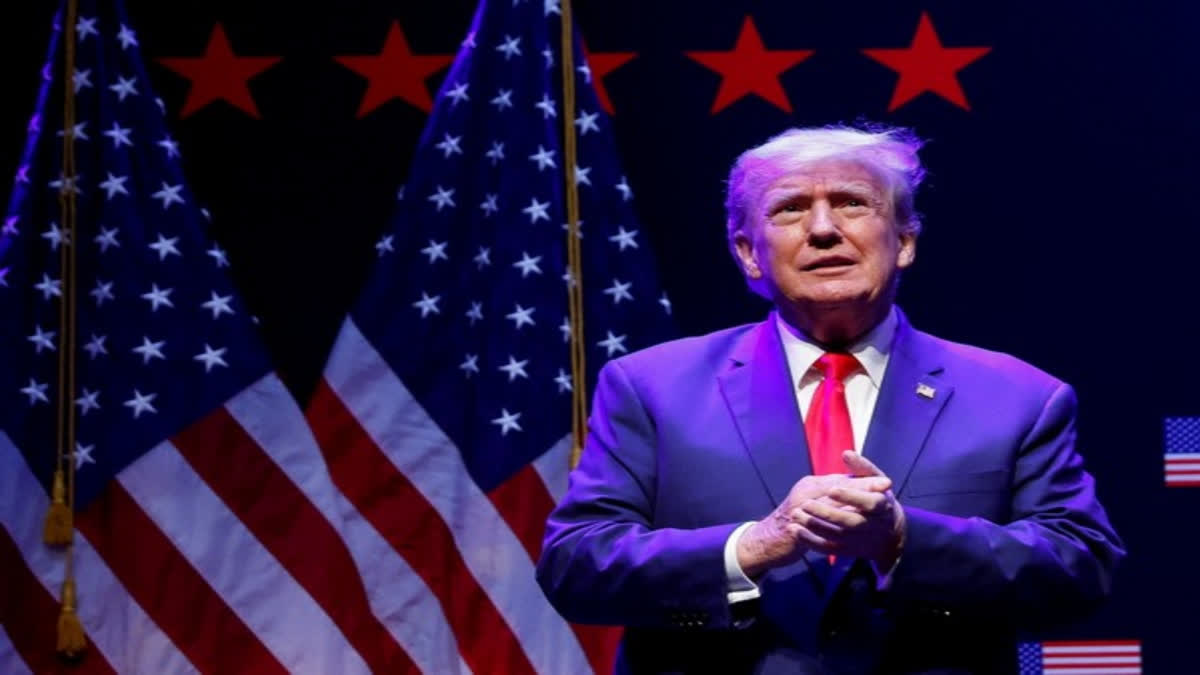Washington:A federal appeals panel ruled on Tuesday that Donald Trump can face trial on charges that he plotted to overturn the results of the 2020 election, rejecting the former president's claims that he is immune from prosecution.
The decision marks the second time in as many months that judges have spurned Trump's immunity arguments and held that he can be prosecuted for actions undertaken while in the White House and in the run-up to January 6, 2021, when a mob of his supporters stormed the US Capitol.
But it also sets the stage for additional appeals from the Republican ex-president that could reach the US Supreme Court. The trial was originally set for March, but it was postponed last week and the judge didn't immediately set a new date. We conclude that the interest in criminal accountability, held by both the public and the Executive Branch, outweighs the potential risks of chilling Presidential action and permitting vexatious litigation, the judges wrote.
The trial date carries enormous political ramifications, with the Republican primary front-runner hoping to delay it until after the November election. If Trump defeats President Joe Biden, he could presumably try to use his position as head of the executive branch to order a new attorney general to dismiss the federal cases or he potentially could seek a pardon for himself.
The appeals court took centre stage in the immunity dispute after the Supreme Court last month said it was at least temporarily staying out of it, rejecting a request from special counsel Jack Smith to take up the matter quickly and issue a speedy ruling. The legally untested question before the court was whether former presidents can be prosecuted after they leave office for actions taken in the White House related to their official duties.
The Supreme Court has held that presidents are immune from civil liability for official acts, and Trump's lawyers have for months argued that that protection should be extended to criminal prosecution as well. They said the actions Trump was accused of in his failed bid to cling to power after he lost the 2020 election to Biden, including badgering his vice president to refuse to certify the results of the election, all fell within the outer perimeters of a president's official acts.
